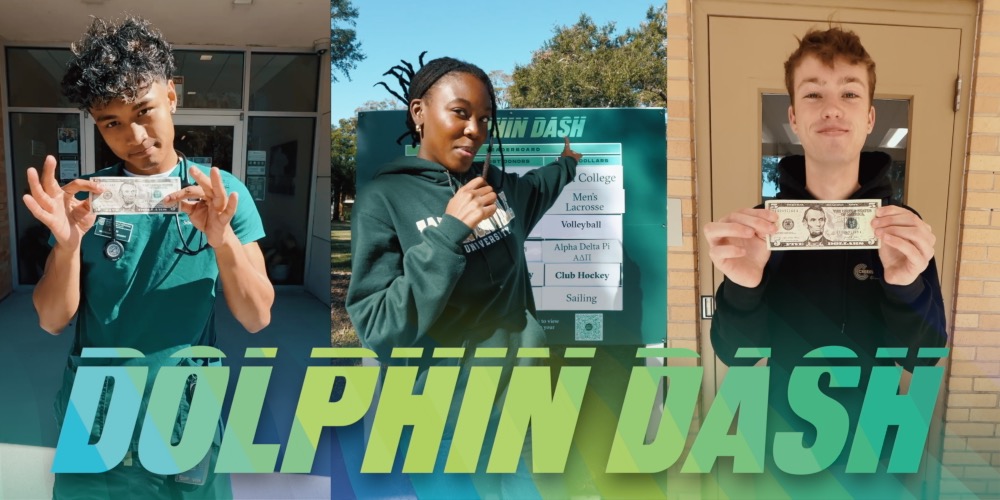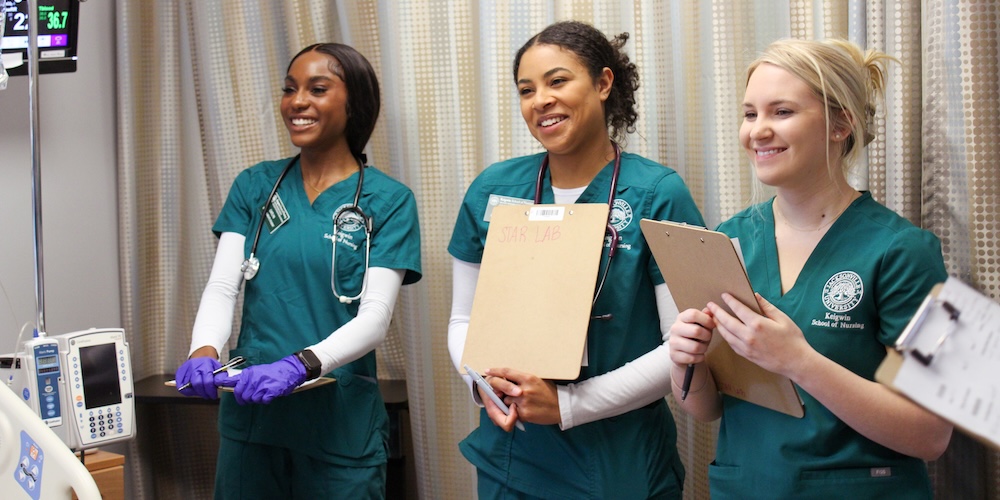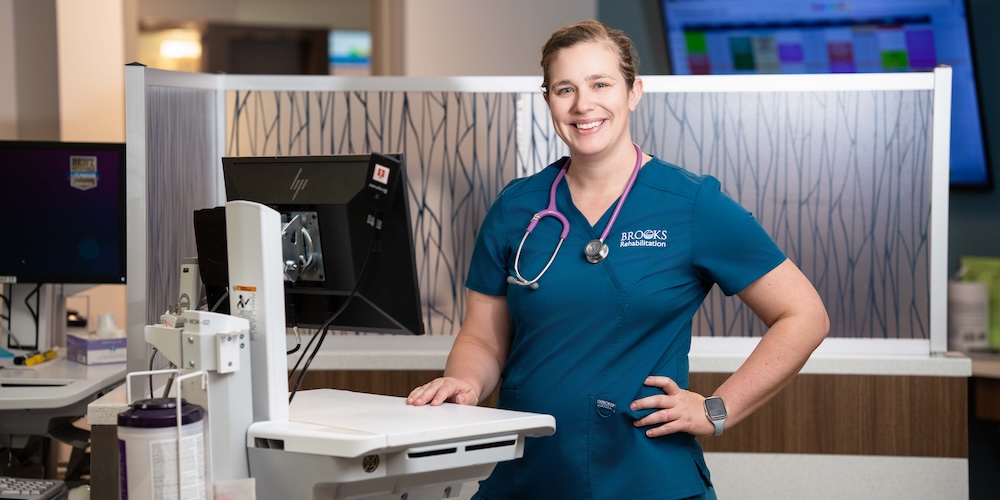The St. Johns River is the acknowledged heart of northeast Florida, essential to both our environment and our economy. Efforts to maintain it in as a clean and productive waterway are generally understood as being both appropriate and necessary. So why is it so hard to do? Why do we, as a community, struggle to clean up and then sustain this natural resource?
Part of the answer has to do with the fact that the river is always there and generally looks healthy and beautiful. The other part of the equation is that the river, while important, gets overshadowed by our trying to live day to day. Then, there are world events, like the COVID pandemic, inflation and now, the invasion of Ukraine by Russia, that take our attention.
Not to mention our concerns about climate change and sea level rise also eat into our consciousness. Many of these issues are so large and vast that we do not think that what we do will make a difference. But our individual actions do matter.
Last week, WJCT, our local public radio/television station presented a program as part of their ADAPT project. Entitled, “Who Will Save Us?” NPR host Kelly Corrigan hosted a panel discussion with an incredibly articulate 16-year-old named Rahul Durai from Indiana and Texas Tech Climate Scientist Katherine Hayhoe. The general topic was what can we do about the looming climate crisis. Again, part of the problem is perception. Is there really a climate crisis and what can I, as an individual, do?
And the answer again is yes, what you do, as an individual, does make a difference. The scientific understanding of climate change and the accompanying sea level rise is clear. We humans have caused it and only through some collective actions can we hope to reverse the trend. One of the beauties and also frustrations of science is conflicting interpretations of the same data. For every position, you can find someone with another view. Sorting those out can be confusing. This has led to public mistrust of science and scientists.
Regretfully, we also live in a world of misinformation. The same people who said that smoking did not cause cancer are now saying climate change is natural and not impacted by the way we live. Climate change is natural. The old adage that the only constant is change, can be applied to what we are seeing today. But what is different is human activity. How we live our lives impacts those around us and our environment.
Most people do not like change. They do not want to think that their lifestyle affects global weather patterns. But collectively they do.
So, what can you do? First, understand that your individual acts make a difference. Look for easy ways to lessen your impact and save money in the process. Can you reduce your water consumption? Do you really need to water your lawn as much and as frequently as you do? Can you turn off some lights? Can you set your thermostat slightly cooler in the winter and warmer in the summer? Can you reduce your driving to save gas? Can you reduce the amount of single use plastics that you use? Skip the straw, carry a usable grocery bag, or wash and reuse plastic containers.
What we do matters. Reduce, reuse and recycle.
Glad you asked River Life
Last year we saw so many manatees die from starvation. I saw on the news that state and federal agencies are feeding them. Is this working and is it a good idea?
Sadly, over one thousand manatees died in 2021, many from starvation. It was a tragedy that was the result of years of accumulating factors including neglecting failing septic tanks and inappropriate disposal of sewage waste on uplands. The consequences were algae blooms that shaded out the seagrasses that manatees eat. Feeding of manatees appears to be making a difference, but it is really too early to say with any certainty. In general, feeding animals in their natural habitat is not a good idea. Neither was creating artificially warmed habitat, but that is for another column. The animals become dependent on the supplemental food and acclimated to humans, which, in turn, creates its own set of consequences. However, in this case, supplying food was perhaps the only alternative to having even more manatees die. Only time will tell if the effort has a positive impact.
River Life runs the first Tuesday of each month in The Times-Union. E-mail Quinton White, executive director of Jacksonville University’s Marine Science Research Institute, with questions about our waterways at qwhite@ju.edu. For more on the MSRI, visit ju.edu/msri.


